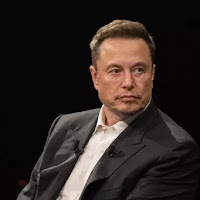Elon Musk has intensified his legal fight against OpenAI, seeking a preliminary injunction to prevent the company's shift to a for-profit model. He alleges OpenAI is engaging in anti-competitive practices.
OpenAI, initially a non-profit focused on advancing AI for societal benefit, has experienced substantial growth and is now transitioning to a for-profit entity. This shift has sparked controversy and debate.
Musk's lawsuit, originally filed over OpenAI's changing structure, has escalated with his legal team requesting a preliminary injunction to halt the for-profit transition. They've also asked the judge to restrain OpenAI from any practices violating U.S. antitrust laws until the case concludes.
Musk's lawyers claim CEO Sam Altman has prioritized personal interests over the organization, potentially leading to financial risks for OpenAI. They argue that if Musk wins the case, OpenAI might struggle to pay damages due to its ongoing transition.
Reports suggest OpenAI has contacted regulators regarding its for-profit model to address potential legal challenges. Musk's antitrust claims extend to Microsoft, accusing both companies of anti-competitive behavior, including discouraging investment in competitors, violating the Sherman Act, and unlawfully obtaining sensitive information (violating the Clayton Act). An OpenAI spokesperson has reportedly dismissed the case as baseless.


